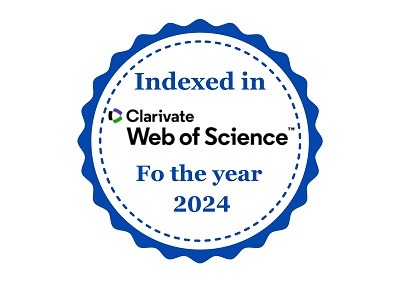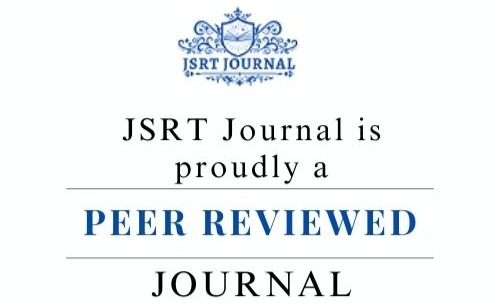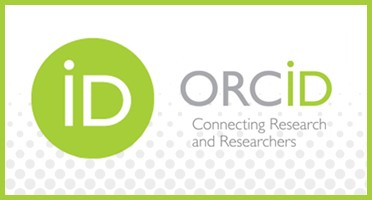Assessment Of Artificial Intelligence Techniques Cardiac Arrhythmia Using Instantaneous Heart Rate
DOI:
https://doi.org/10.61808/jsrt240Keywords:
Cardiac, Artificial intelligence (AI), accuracy, recall, F1-score, Area Under the Curve (AUC), Bi-LSTM.Abstract
Cardiac arrhythmia can cause serious health risks including sudden cardiac events, and a significant number of vulnerable individuals are undiagnosed or undertreated. Noting the widespread use of wireless health trackers and the efficacy of Artificial intelligence (AI) methods in processing a large amount of time-series sequential data, in this study we aim to find the best AI technique for diagnosing an arrhythmia. Various AI models have been trained and tested by utilizing publicly available medical data. From the confusion matrix, the accuracy, recall, F1-score, Area Under the Curve (AUC), and precision of each AI model have been evaluated and compared. This analysis and Friedman Tests indicate that Bi-LSTM – the deep learning method outperformed the classical machine learning methods. The process of remotely classifying arrhythmia provided in this study can be generalized for automatic diagnosis of many health risks











